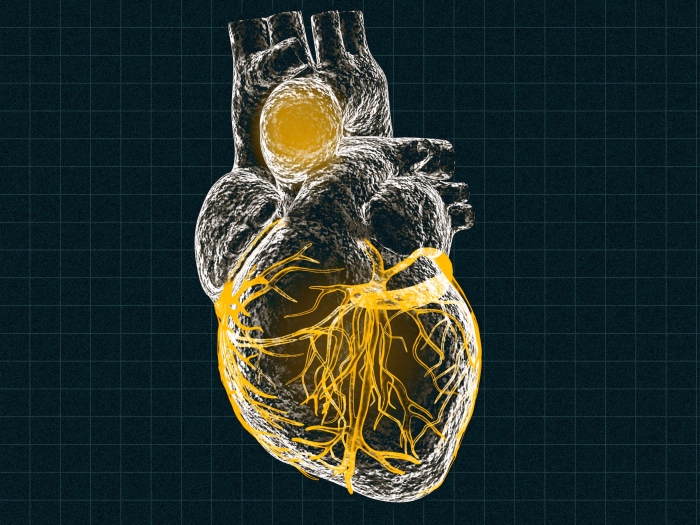A Michigan Medicine gastroenterologist discusses the latest GI-related research from Wuhan, China.
9:00 AM
Author |

Editor's note: Information on the COVID-19 crisis is constantly changing. For the latest numbers and updates, keep checking the CDC's website. For the most up-to-date information from Michigan Medicine, visit the hospital's Coronavirus (COVID-19) webpage.
Interested in a COVID-19 clinical trial? Health research is critical to ending the COVID-19 pandemic. Our researchers are hard at work to find vaccines and other ways to potentially prevent and treat the disease and need your help. Sign up to be considered for a clinical trial at Michigan Medicine.
A recent study conducted in Wuhan, China, and published by The American Journal of Gastroenterology, revealed that diarrhea can be an unrecognized symptom of COVID-19. The primary symptoms of the disease are generally defined as fever, cough and shortness of breath, with little research indicating gastroenterological effects associated with the condition.
The authors of the study wrote that "clinicians must bear in mind that digestive symptoms, such as diarrhea, may be a presenting feature of COVID-19, and that the index of suspicion may need to be raised earlier in these cases rather than waiting for respiratory symptoms to emerge."
The 204 patient study included individuals with an average age of 54.9 years. In addition, the study was comprised of 107 men and 97 women, with an average rate of hospital admission of 8.1 days from the initial onset of symptoms.
These findings are really important because they emphasize the correlation between the GI tract and identifying, as well as diagnosing, COVID-19.William Chey, M.D.
"But what is really significant about this study, is that the patients who reported digestive symptoms sought medical treatment at hospitals later than those without GI symptoms at all," says Michigan Medicine gastroenterologist William Chey, M.D., who previously served as the editor-in-chief of The American Journal of Gastroenterology. "This could simply be because some individuals might not have suspected they had COVID-19 without any respiratory symptoms."
The study also found that as the severity of the disease increased, so did the digestive symptoms, and patients devoid of any GI symptoms were more likely to be discharged from the hospital than individuals with diarrhea, nausea or anorexia.
MORE FROM THE LAB: Subscribe to our weekly newsletter
"These findings are really important because they emphasize the correlation between the GI tract and identifying, as well as diagnosing, COVID-19," says Chey. "Another report recently came out of Wuhan, in which live virus was found in stool samples of certain patients with GI symptoms. So, it's really important for people to pay attention to their digestive systems during this pandemic, as it could literally be a matter of life or death."
Chey goes on to add that because of the recent study from Wuhan regarding the potential transmission of COVID-19 through contact with stool, it's doubly important for individuals to practice adequate hand hygiene and to avoid touching their face.
"Social distancing and thoroughly washing your hands are so crucial during this pandemic," says Chey. "When it comes to combatting COVID-19, we all have a part to play. Make sure that you do yours. We are all in this together."
This research is still early and work is still ongoing.
Paper cited: "Clinical characteristics of COVID-19 patients with digestive symptoms in Hubei, China: a descriptive, cross-sectional, multicenter study," The American Journal of Gastroenterology.
Like Podcasts? Add the Michigan Medicine News Break to your Alexa-enabled device or subscribe for updates on iTunes, Google Play and Stitcher.

Explore a variety of healthcare news & stories by visiting the Health Lab home page for more articles.

Department of Communication at Michigan Medicine
Want top health & research news weekly? Sign up for Health Lab’s newsletters today!





